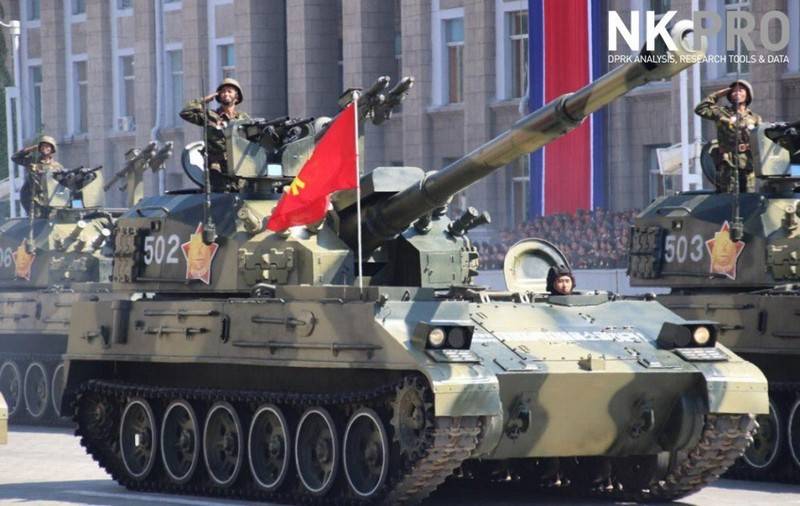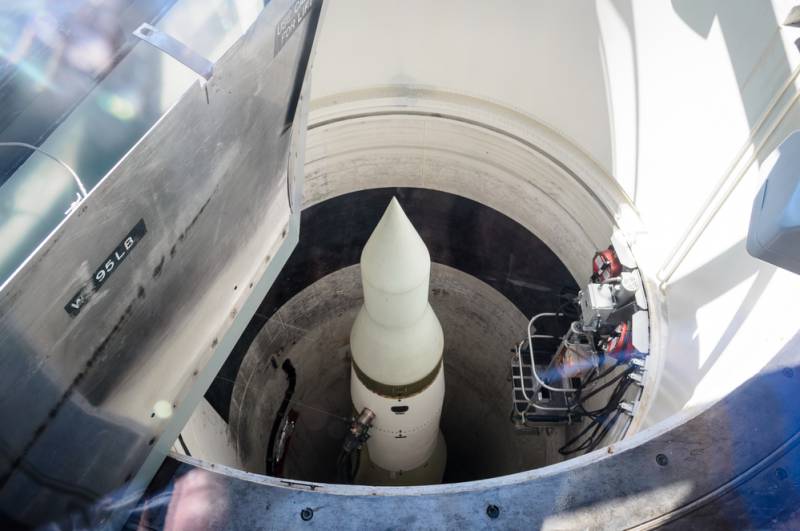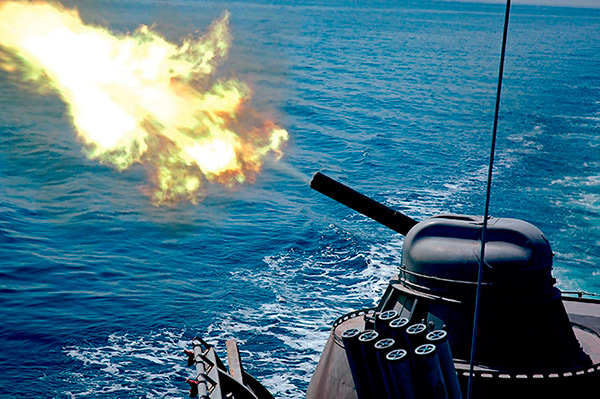
West predicted the decline already countless times, but, although he, perhaps, and it is not inevitable, but still quite a clear.
Who is the "West"?
Its main members live mainly in the western hemisphere, in particular, in Western Europe and North America. But this is not just a geographical characteristic, it is also a dense jumble of different institutions and values. "Western" countries are characterized by democratic governance, market capitalism and the rule of law, supplemented by a wealthy lifestyle, civil society and liberal values.
Therefore, many countries in Eastern Europe and some parts of the "Anglosphere", in particular Australia and New Zealand, It will also be considered "Western". For the same reason, Taiwan, South Korea and Japan may also be referred to as "the West", although geographically, culturally and racially are "oriental".
Why the West can not win
It all started in the East, with the Vietnam War and with the related era. The inability of America to win led to a national injury, which was aggravated by the Watergate scandal. People no longer respect the government. This distrust extended to some pillars in the arsenal of democracy - military, military-industrial complex and intelligence agencies.
Vietnam clearly demonstrated the boundaries of American power. And today it is not just the United States - the entire West suffers from defeatism.
Iraqi and Afghan resistance is more tenacious than expected. Fighting spirit overcame the superiority of Western military technology and the professionalism of well-trained military. Chaos led to the emergence of new enemies like Daishev. The inability of Western society to put up with losses, together with a reluctance to take long-term strategies, eg, post-war reconstruction, indicate that the victory of the West behind the war.
Also falling confidence in the areas of, far from policy or security.
Financial setbacks and the shift of production to the east
World financial crisis 2008 of the year, It began its march from the depths of the richest, but poorly controlled sector of the US economy - high finance, and undermined confidence in the global capitalism.
Shocks of the crisis took place against the background of a long-term trend: Western industrial base devastation as the production of offset to the East.
This shift was not universal for the whole of the West - for example, Germany has maintained a strong industrial base, not switching the economy to the service sector, but still it led to the rise of such phenomena as the Trampizm and Breksa, both, in fact, are antiglobal. Surprisingly, but both movements led by leaders in Washington and London, that, despite the fact that they themselves belong to the privileged class, defend the interests of the working class and revive the dream of returning to days, previous globalization.
West shifted to the East, then "West East" divided
From the 1960s to the 1990s, Japan, followed by South Korea and Taiwan showed, It was capable of working class ambitious Asian, organized by the reasonable control of and access to Western technology. The emergence of the Asian tigers to reconfigure the global economy, and the emergence of the Asian middle class population has added to the democratic world, millions of new citizens.
Model of the "Asian tigers" does not apply to China. There is no alternative to the ruling Communist Party.
The Communist Party has used brilliantly capitalism for economic growth and became the "workshop of the world".
Beijing skillfully playing against each other two ends of globalism. On world markets, using the accumulated funds, it is - an ambitious and visionary player, and are willing to invest the investor. At home,, Kindle poignant and emotional nationalism, Recalling the historic humiliation by foreign powers.
And China has more and more friend and ally - Russia. The largest country in the world covers the territory of Eurasia, but its center of gravity remains in the European part of Russia. Nevertheless, in spite of the historical aspirations and a number of historical military alliances, Russia has not become part of the West. And indeed, during the chaotic and catastrophic reign of Boris Yeltsin, West missed an opportunity to take Russia to Me. This mistake was reflected in the rise to power of Vladimir Putin, who restored order and returned the Russians self-esteem.
Today, despite past historical differences, the principle of "my enemy's enemy - my friend", Russia and China are pushing each other. But unites them, not only mistrust of the West - the two countries in many ways complement each other. Russia has natural resources, basic science and weapons; China has the capital, commercial technologies and heavy manufacturing. In Russia, the problem of lack of population, China - on the contrary.
Both countries are headed by leaders who prefer long strategy, instilling national pride for their people. Also, both countries feel that they are growing rather than fading powers.
East vs. West on the global chessboard
Problem, facing west (and to a lesser extent the "Eastern Western"), not Islamic terrorism. Unless the terrorist organizations do not acquire weapons of mass destruction, no one will win the attacks: from a wider point of view, they are injections, rather than the existential threat. Terrorism is far more deadly to the Islamic countries companies, and non-Western.
The real challenge lies in the growing Sino-Russian partnership. China to invest huge capital in developing countries, loudly announces its presence in the South China Sea and forms the expeditionary force. In Moscow, on the other hand, there is no financial strength, but they are the same with regard to the development and integration of the Eurasian space, not only for east-west axis, but also in the north (Arctic Sea) and southern (Near East / South Asian) directions.
The game now is, to win over the country in their camps, and several states have already clearly on the Russian-Chinese orbit: Iran, North Korea and Syria.
When viewed from a wider geographical All countries in sub-Saharan Africa, Central Asia, South Asia and Southeast Asia are also in the game. China has invested huge capital in Africa, significant economic resources places in South and South-East Asia. Meanwhile, Russia maintains its traditionally strong relations with Central Asia.
Hard power, soft power
The decline of the West and the "Eastern Western" is not a foregone conclusion. This is still a thriving and economically powerful countries with armies of high-tech. Many of the things they do is still good. West boasts a commercial and technological innovation, effectiveness of education as well as world famous brands. If we talk about soft power, this cultural products and the Western way of life - thriving Chinese and Russian will inevitably flock to the West - the inhabitants of the West in much smaller quantities rush to the east.
Against the backdrop of the multiple dynamics of the moment, whether the West's determination to, patience, confidence and vision, to maintain its influence and economic status in the ever escalating power struggle with China and Russia, It's not clear yet.
Of course, ideal long-term strategy for China and Russia would be a gradual acceptance of the Institute for Liberty and values, which so cherishes West. But although it seemed real in the 1990s, Now Beijing and Moscow resolutely go your own way. And today, it is much less likely.











